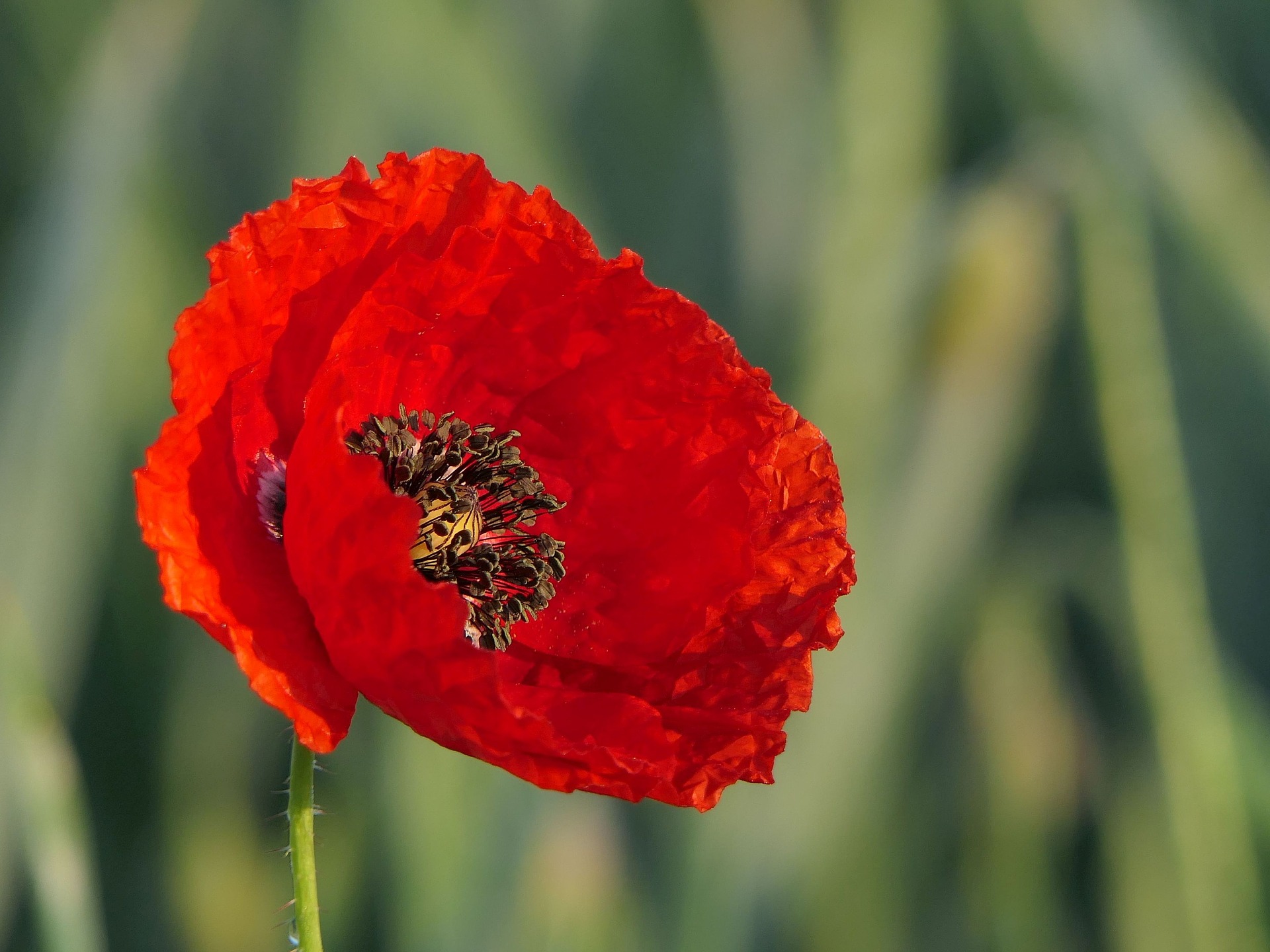The 11th of November 2018 marks the centenary of the First World War.
One hundred years ago, Europe was still in the clutches of conflict, but was slowly beginning to ease itself into peacetime. After a period of fighting over over four years, and nearly 40 million military and civilian casualties, the sons of England were allowed to return home at long last. Too few, however, never came back.
Today, we wear the symbol of the poppy to show our remembrance of those who sacrificed everything for our nation. While the event is ever-increasingly old, the symbol of the poppy still appeals to me. It is suggested that the red symbolises the blood shed by those who fought in the war, the black: the remorse and grief of those who lost family and loved ones, and the green leaf a symbol for rebirth; traditionally the leaf is positioned at 11 o’clock on the face of the poppy, to reference the final day of the war.
To honour the centenary of the First World War, I thought I would present some war poetry.
Anthem for Doomed Youth – Wilfrid Owen
What passing-bells for these who die as cattle?
— Only the monstrous anger of the guns.
Only the stuttering rifles’ rapid rattle
Can patter out their hasty orisons.
No mockeries now for them; no prayers nor bells;
Nor any voice of mourning save the choirs,—
The shrill, demented choirs of wailing shells;
And bugles calling for them from sad shires.
What candles may be held to speed them all?
Not in the hands of boys, but in their eyes
Shall shine the holy glimmers of goodbyes.
The pallor of girls’ brows shall be their pall;
Their flowers the tenderness of patient minds,
And each slow dusk a drawing-down of blinds.
Wilfrid Owen experienced the horrors of trench warfare firsthand. Diverging from the trend of patriotic war literature, glorifying the fight for the motherland, Owen followed in the steps of his mentor Siggfried Sassoon in describing the terrifying aspects of the war.
The feeling of sombre doom conjured by the phrase “each slow dusk a drawing-down of blinds”, is something that could never be captured in a history book. This poem is in the form of a Petrarchan sonnet, often used as love poems, and this seems an ironic structure to choose in face of such a depressive content. Owen appears to be criticising the English and their patriotic glorification of war. “What passing bells for these who die as cattle” suggests that, while the deaths of war heroes are honoured at home, on the battlefield, it is an ugly and base death. The word “cattle” instantly brings images of slaughter to mind, suggesting that the not all those who died on the battlefield died and honourable death. The use of noises such as “passing bells” against the “rifles’ rapid rattle” and “wailing shells” against the call of the “bugle” creates a juxtaposition between how war is perceived by the people at home, and the reality of the battlefield.
This poem shows Owen passionately highlighting the expectation of the glory of war, with the harsh and brutal reality.
It is through literature such as this that we can truly understand the experiences of past generations.
Til next time,
Stay Hydrated.

